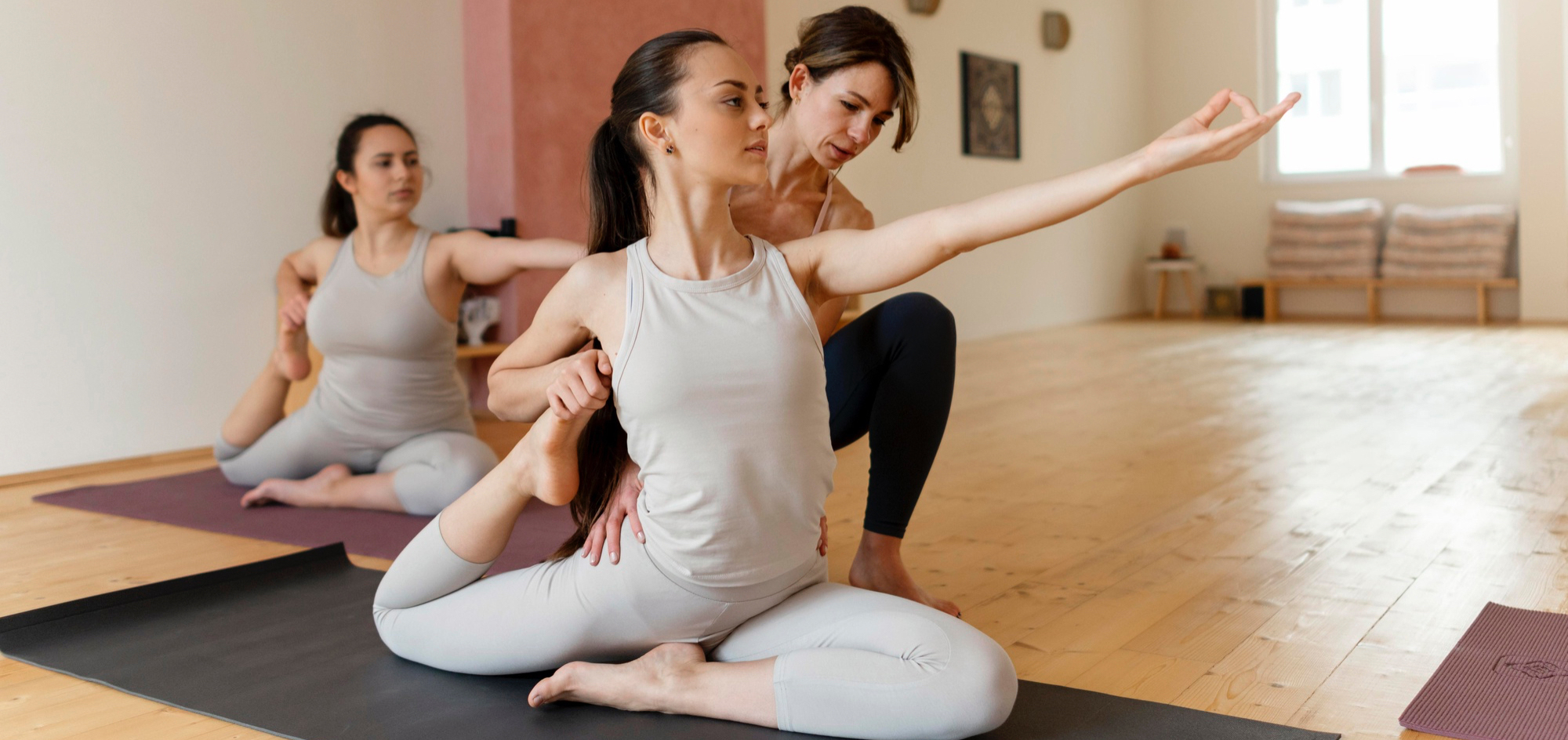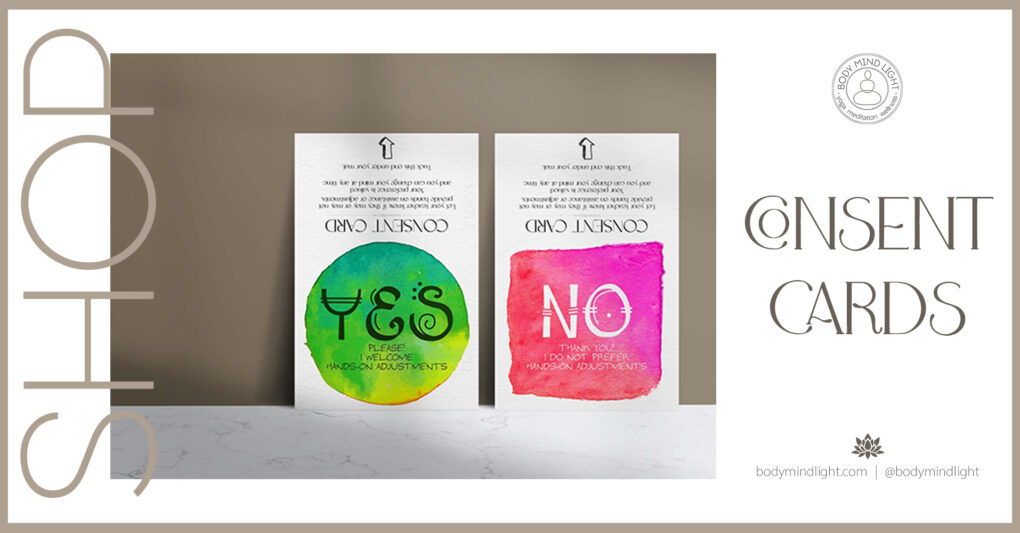The Importance of Yoga Consent Cards

Yoga is a practice that fosters physical, mental, and spiritual well-being. In recent years, there has been a growing emphasis on creating inclusive and respectful spaces within yoga communities. One important tool that has emerged to promote a culture of consent and communication is the use of consent cards in yoga classes. These yoga consent cards are a simple yet powerful way to ensure that every participant feels comfortable, respected, and in control of their practice.
Understanding Consent in Yoga
Consent is a fundamental aspect of any interpersonal interaction, and yoga is no exception. The practice of yoga involves physical touch, adjustments, and assists by instructors to help students refine their poses. However, individual preferences regarding touch vary greatly, and what may be beneficial for one student could be uncomfortable or triggering for another.
Consent cards are an affirmative way for yoga practitioners to communicate their boundaries to instructors and fellow students. These cards typically feature a YES for “hands-on adjustments are welcome,” and a NO for “no hands-on adjustments, please.”
Creating a Safe and Inclusive Space
One of the primary benefits of incorporating consent cards into yoga classes is the promotion of a safe and inclusive space. Participants come from diverse backgrounds, experiences, and comfort levels with physical touch. By respecting and acknowledging these differences, yoga teachers can create an environment where everyone feels welcome and valued.
Consent cards also serve as a proactive measure, allowing practitioners to express their preferences before any adjustments occur. This not only empowers individuals to take control of their practice but also fosters a sense of trust between teachers and students. When students feel heard and respected, they are more likely to engage fully in their practice and experience the transformative benefits of yoga.
Promoting Mindful Teaching
Incorporating consent cards into yoga classes encourages teachers to be more mindful of their students’ needs and preferences. It promotes a culture of communication, ensuring that adjustments are made in a way that aligns with each individual’s comfort level. This approach not only enhances the learning experience for students but also deepens the connection between teachers and their classes.
Furthermore, consent cards are a valuable tool for yoga teachers to gauge the collective comfort level of the class. They offer a quick visual reference, allowing teachers to adapt their teaching style to accommodate the group’s preferences. This adaptability creates a more dynamic and responsive teaching environment, where they can tailor their approach to better serve the unique needs of each class.
Building Community and Trust
The use of consent cards fosters a sense of community and trust within yoga classes. When participants feel confident that their boundaries are respected, they are more likely to engage in open communication with both teachers and fellow practitioners. This open dialogue creates a supportive community where everyone can grow and evolve in their yoga practice.
By acknowledging and honoring the importance of consent, yoga classes become more than just physical exercise; they become spaces for personal growth, self-discovery, and positive connections. In the spirit of unity and respect, consent cards contribute to the creation of an environment where all individuals can experience the transformative power of yoga in a way that aligns with their own unique journey.
As the practice of yoga continues to evolve, it is essential for teachers and practitioners alike to embrace tools that empower individuals to take control of their yoga experience. Through the use of yoga consent cards, classes can become not only spaces for overall well-being but also sanctuaries where individuals feel heard, respected, and free to explore the depths of their practice.


Excellent tool!
Definitely a requirement for yoga studios and fitness clubs, especially when the teachers are male.